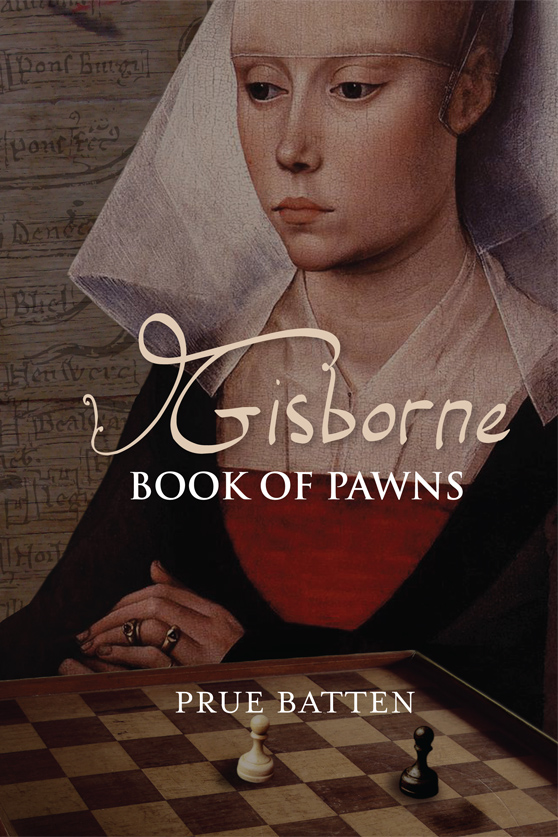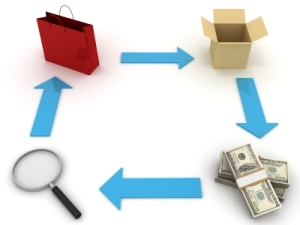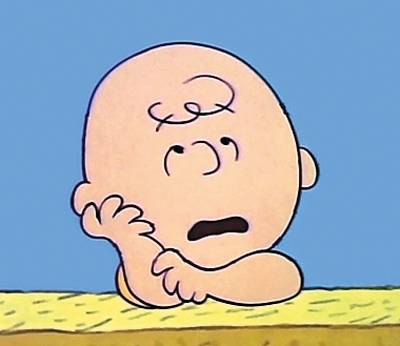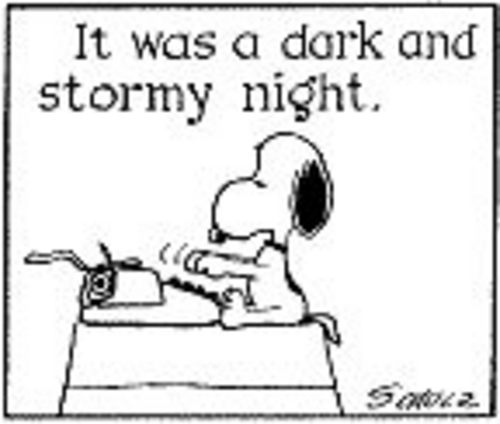Gisborne’s new cover!


I was thinking today (I do that sometimes) what would have happened if I had never ever taken up the offer of publication in 2008, when YWO.com set up their print publishing scheme for new writers.

Taking advice from the indie faerie!
I started interviewing independent authors in my Big Red Chair a little while ago. I began with the inestimable Ann Swinfen whose books are such a delightful discovery. I have interviewed SJA Turney whose Roman fiction is so full of imperial drama and life. Lucinda Brant has allowed herself to be scrutinised… she who could justifiably take up Georgette Heyer’s crown. And I have others to come: hot property coauthors Mark Williams and Saffina Desforges and also Barbara Silkstone who is an electric author who thinks outside the square. That’s something I admire in a writer.
I began with the inestimable Ann Swinfen whose books are such a delightful discovery. I have interviewed SJA Turney whose Roman fiction is so full of imperial drama and life. Lucinda Brant has allowed herself to be scrutinised… she who could justifiably take up Georgette Heyer’s crown. And I have others to come: hot property coauthors Mark Williams and Saffina Desforges and also Barbara Silkstone who is an electric author who thinks outside the square. That’s something I admire in a writer.
Rachelle Gardner posted an interesting topic on her blog today and I’m afraid I just couldn’t help myself. I had to go through all that she said publishers did for one and tick off what I actually do for myself. To see if I represent ‘the soul of selling’ as much or as more as a grandiose marketing team might. I should point out that I live in Australia, my print publisher is based in the UK and all e-pubs are carried out through Amazon and Smashwords, based in the USA.
Have ‘look see’ and if you’re a writer, do tell me what you do for yourself and your books off that list.
Prepare promotional materials
▪ produce and print ARCs (advance reader copies) which are far more expensive on a per-book basis to produce than the actual book Done by self.
▪ write flap copy, back cover copy, all catalog and marketing copy Done by self.
▪ create a press kit for soliciting reviews and author interviews Done by self.
▪ provide printed material to assist author’s own promotion: postcards, bookmarks, flyers, etc. Done by self.
▪ Book signing/event support (posters, press releases, bag stuffers)
Trade advertising – print & retail
▪ placement in publisher’s print catalog Done by my POD publisher.
▪ product placement in retailers’ catalogs & fliers
▪ print advertising in trade magazines
▪ in-store product placement (special tables or endcaps)
▪ print & web ads with distributors (Ingram, Baker & Taylor, Spring Arbor, etc.) Done by my POD publisher.
▪ shelf talkers for retail outlets
Internet marketing
▪ a page on publisher website
▪ working with Amazon & large online booksellers for placement Done by publisher and self.
▪ assist author in developing their Facebook, Twitter & blog presence Done by self.
▪ email blasts to publisher’s list which can include hundreds of thousands of names, including consumers, librarians and retailers
▪ organize online contests Done by self.
▪ set up blog tours Done by self.
▪ may help with creating a video book trailer Done by self.
Internet Advertising
▪ advertise in online magazines and newsletters appropriate to the book
▪ Facebook advertising
▪ banner ads on appropriate websites
Specialized promotions (specific to type of book)
▪ work with author to capitalize on author’s own areas of influence, which could include organizations they’re a member of, alumni associations, professional associations, local historical societies, etc. Done by self.
▪ promotion to book clubs and reading groups (email blasts or even a mailing of the book)
▪ pitch to large national reading groups
▪ submit books to major contests
Trade publicity
▪ trade shows
▪ pitch to trade magazines for review
Consumer publicity
▪ organize book tours & book signings
▪ press releases, especially locally or regionally where the author has influence Done by self.
▪ sending press kits to all appropriate media outlets: radio, TV, newpapers & magazines. Done by self.
▪ following up on requests for books, sending out review copies Done by self.
▪ booking print, broadcast, and online interviews Done by self.
▪ included in targeted publisher newsletters to consumers
▪ send out influencer copies”
Rachelle continues: “Most publishers have a sales team (or rep group) who proactively sells titles to retailers. They service the approx. 10,000 bookstores still left in the U.S., chains and indies combined, plus Walmart, Target, Costco, etc. In addition, the sales department interacts with book clubs (Book-of-the-Month, Literary Guild, etc), international accounts, rack jobbers (for grocery stores and gift shops), nonprofit organizations, and special accounts. This is a “sales” function (not technically marketing) but it’s something publishers do that you, the author, are unlikely to be able to do yourself. And it’s another way your book gets “out there.”
 I am my sales team. Granted my sales are a drop in the ocean to what they might be if I had a Big Six team behind me. BUT, if I can do a good proportion of the above, plus help run a farming business, look after acres of garden and write other books, I wonder if that raises issues about the efficiency and efficacy of what a publisher’s sales team actually does.
I am my sales team. Granted my sales are a drop in the ocean to what they might be if I had a Big Six team behind me. BUT, if I can do a good proportion of the above, plus help run a farming business, look after acres of garden and write other books, I wonder if that raises issues about the efficiency and efficacy of what a publisher’s sales team actually does.
NB: One thing that is not included in the above list and which I should like to mention is how important the fellowship of readers and writers is in advertising and on-selling. No matter how good a sales team might be, in the end it’s word of mouth between the members of the marketplace (ie one’s readers) that will let a book sink or swim and I have to say right here and now, that I have been truly fortunate with my readers and also fellow authors who have chosen to support me. The worth is incalculable.
As I ponder the future of my novels and my writing after such a heart-warming response yesterday, I do feel that in the interests of fairness I should point out a few things about the consultancy with whom I have been working.
I’ve noticed a theme in agents’ blogs on the Net recently.  Essentially a gloom and doom scenario which comes down to three points:
Essentially a gloom and doom scenario which comes down to three points:
1. E-books are going to take over the book world. Whether published by mainstream of independent houses, or by self or vanity publishers, they are going to rule the reading world.
2. Bricks and mortar bookshops will shrink, or worse, disappear entirely.
3. Slush piles (ie. the mountain of unsolicited manuscripts that all writers send to publishers and agents at some point in their lives) will disappear because writers will e-book publish.
This raises questions in my own mind:
1. Why are e-books going to take over? From what I have read in the electronic and print media, the biggest percentage of readers still want to own hard copy.
2. Is a writer going to be judged by the way in which their e-book is published? (ie. if it is a free-download which is self-publishing in any other language, POD, mainstream or independent)
3. If (unsolicited) submissions become a thing of the past, does that not mean that aspiring writers (good and bad) have only one means left open to them to get themselves noticed? (ie. self or vanity publishing in either e-book or hard copy format)
4. If unsolicited submissions become a thing of the past how will agents and publishers find new and exciting writers?
5. The thought of redundancy in many areas also rears its head but I’m loathe to spell it out.
We writers are up against it from the minute we type Chapter One of our opus. Rationally we know that every second person wants to write a book. We also know that if every one of those people submit, only ONE IN A THOUSAND will make it.
But we write anyway.
And just because one in a thousand is contracted, it doesn’t mean that only that ONE is quality. There could be 500 of the remaining 999 that are really good reading. If the quality of submissions to peer review sites like YouWriteOn.com http://www.youwriteon.com is anything to go by, that is certainly the case.
So assuming that writers know the odds are stacked higher daily, you can’t really blame them for being proactive and investigating the options . . . from getting in at the ground floor of retail e-book publication to perhaps POD publishing or similar.
 Today is a day of humour. Writers should never take themselves so seriously that they can’t laugh at the whole craft: from beginning to end. I only wish (absolutely no disrespect intended) that publishers and agents were similarly represented!
Today is a day of humour. Writers should never take themselves so seriously that they can’t laugh at the whole craft: from beginning to end. I only wish (absolutely no disrespect intended) that publishers and agents were similarly represented!
With absolutely no disrespect to anyone in any area of publishing, I want to know why there is such a dispute raging over the internet about whether one is really ‘published’ if one has gone down the POD, vanity or self-publishing route.
There is no doubt that the publishing industry is changing. The best agent blogs in the business are constantly indicating this. Writers forums too are saying the same thing: the industry is tightening up, its developing to become fully competitive in a digital age. Its squaring up to fight e-books, POD, self-publishing and whatever else will be thrown at it as technology leaps ahead with the speed of light.
